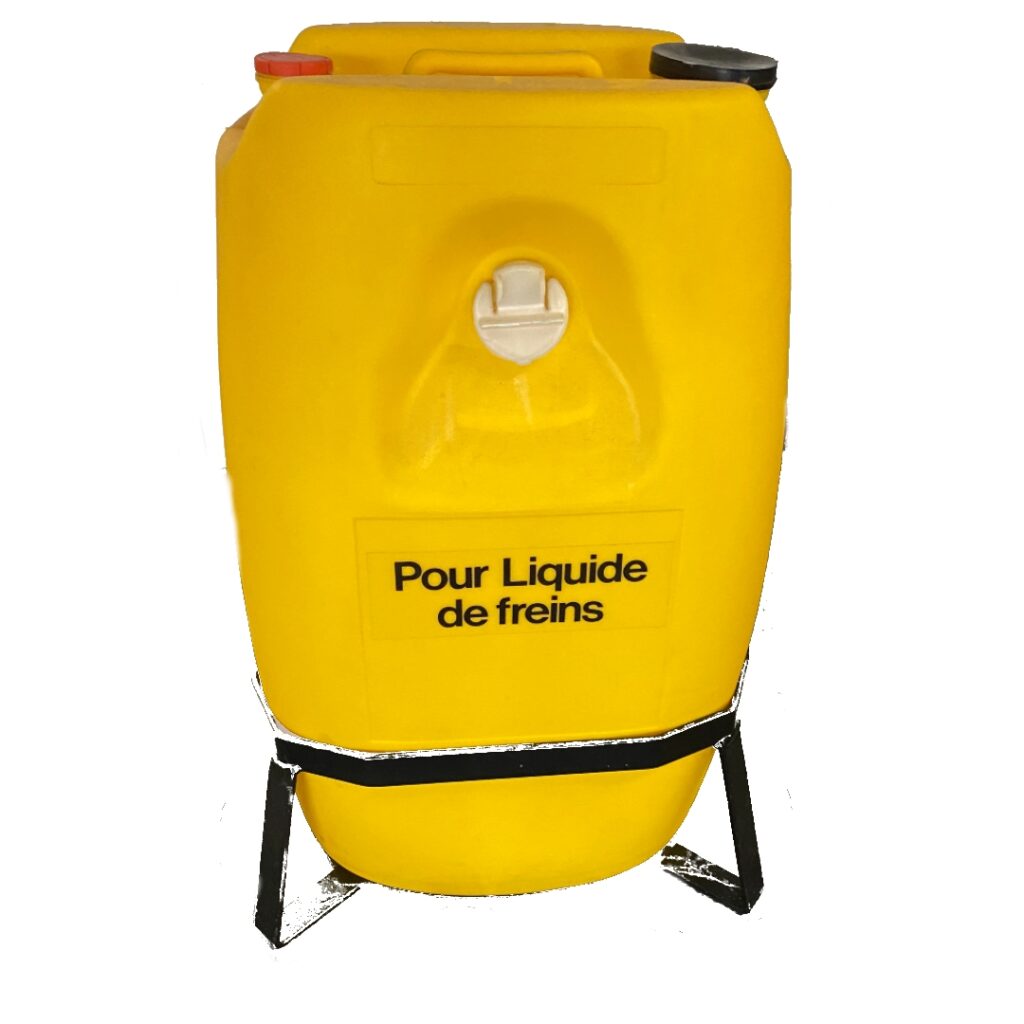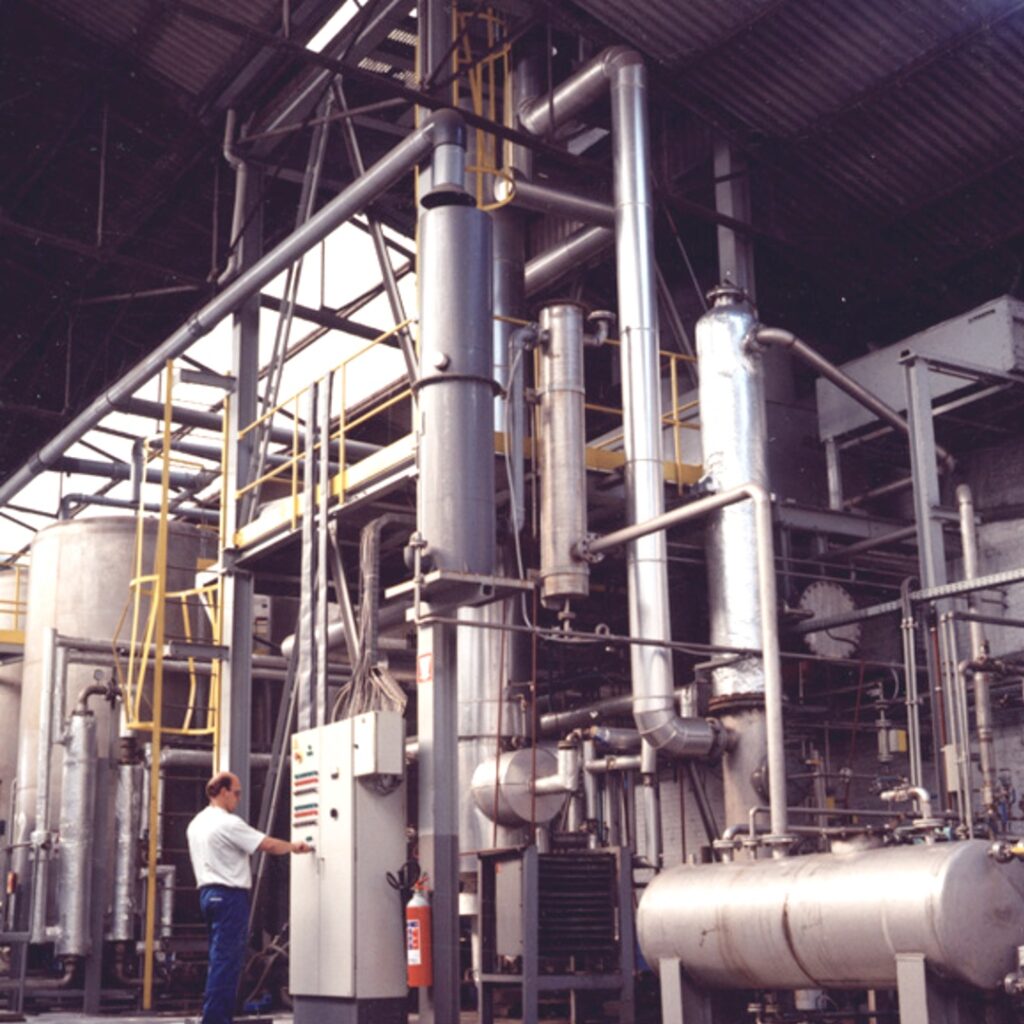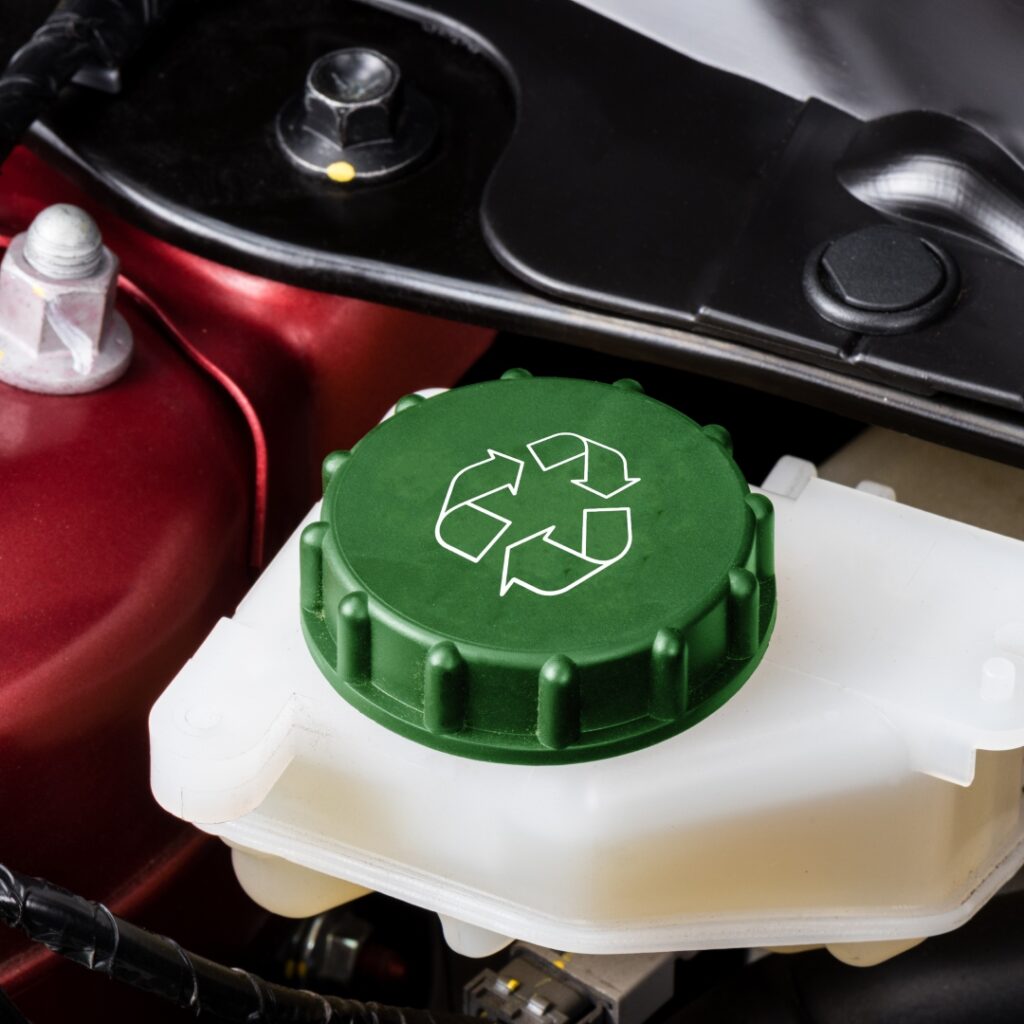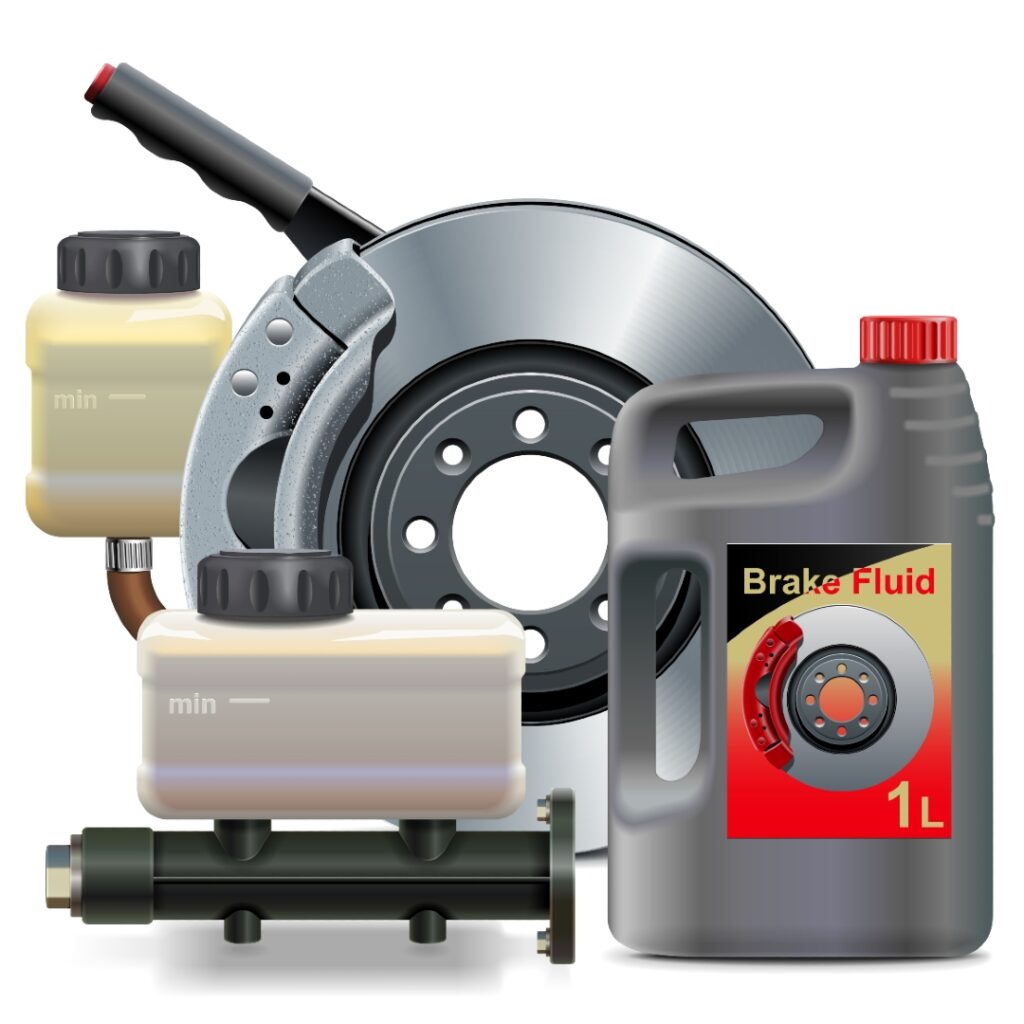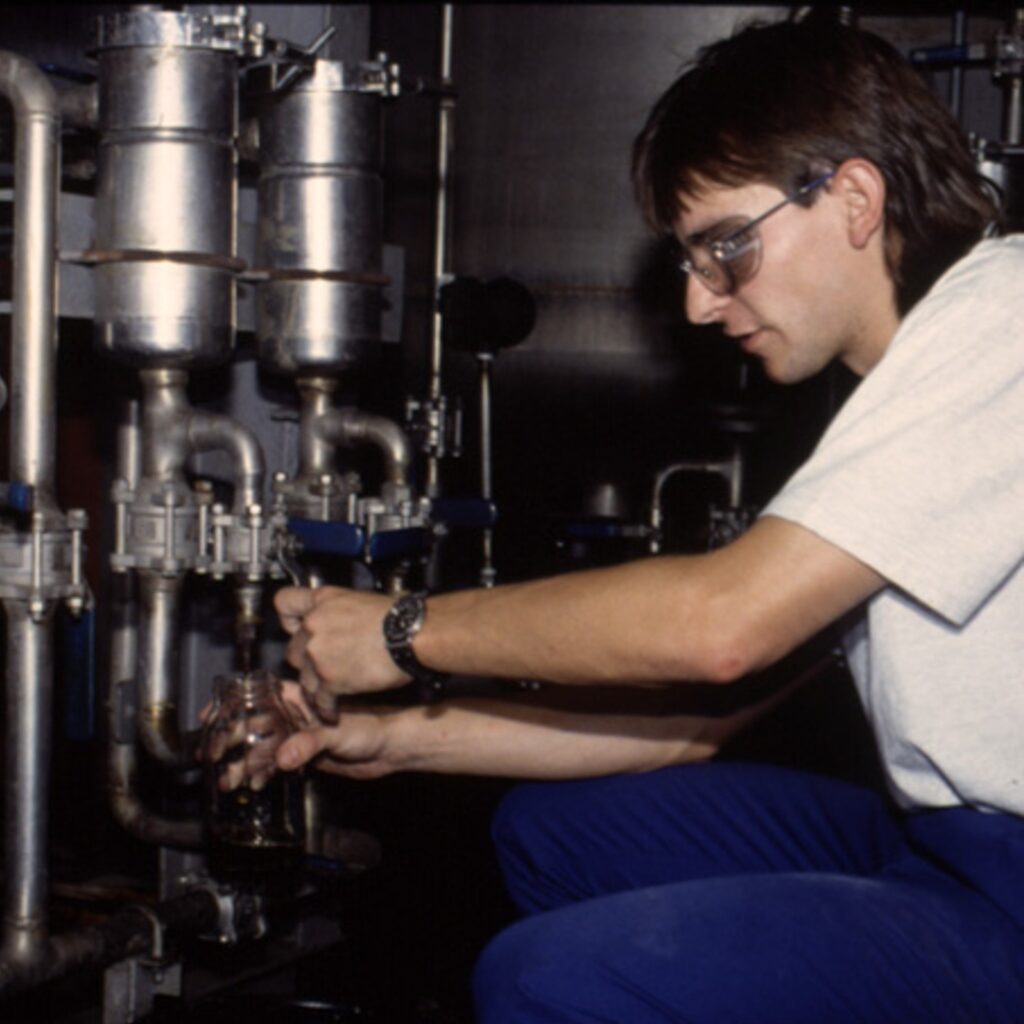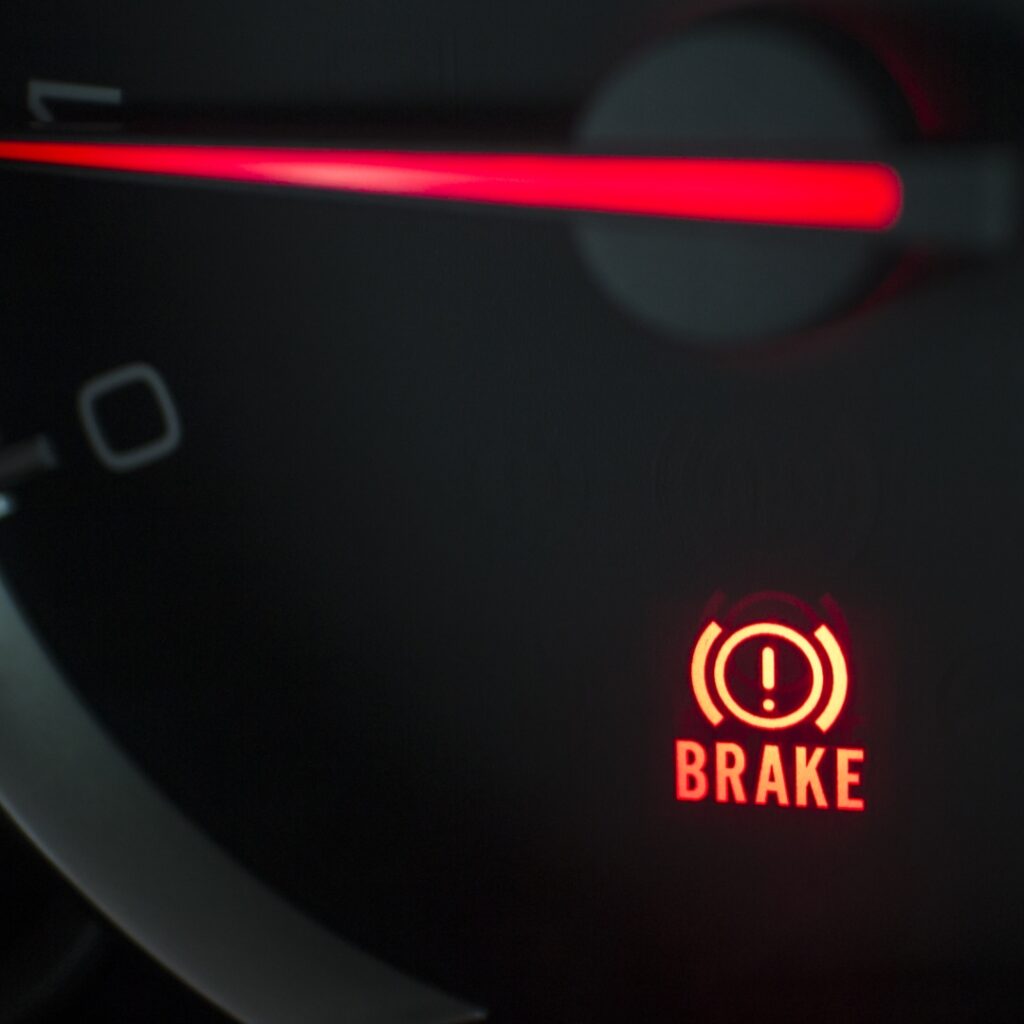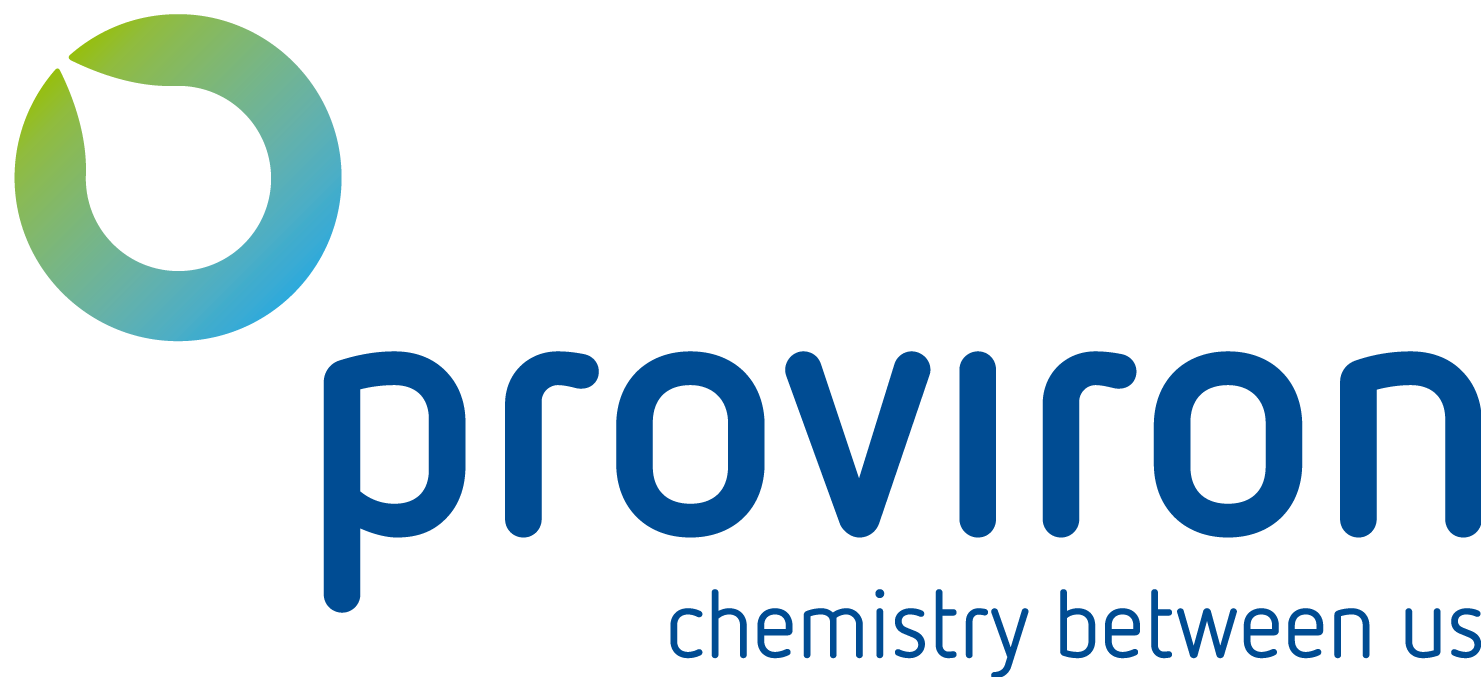
volume equivalent to the brake fluid of the whole European fleet recycled at Proviron!
Over the past 30 years, Proviron has upgraded around 90 million liters of brake fluid. This volume corresponds to the total amount of brake fluid in all European cars today!
At the end of December, a truck carrying recycled brake fluid left the Hemiksem site with a batch number indicating that it was the 3000th such cargo. Since as far back as the early 1980s, Proviron has been developing an efficient process to upgrade discarded brake fluid into a base component for new brake fluid. Sustainability has thus been one of the spearheads since Proviron’s foundation and has put the company on the map of sustainability pioneers in the industry.
this “Green deal” dates back 30 years
“We have actually been working on the cradle-to-cradle principle for over 30 years,” says Wim Michiels, CEO of Proviron. “This is proof that a sustainable economy is not a pipe dream but a realistic and feasible undertaking. At Proviron, we have in recent years devoted great efforts to fine-tune procedures for sustainable products. This should now generate traction from the market. Once consumers start asking for more sustainable products, demand will pick up and we are ready for that.”
“We have actually been working on cradle-to-cradle for over 30 years”
Wim Michiels, CEO Proviron

equivalent of all brake fluids in the European fleet
Today, there are around 250 million cars on the roads in Europe, each carrying a quarter to half a liter of brake fluid. Together they account for 90 million liters, for which there had previously been no adequate processing solution. Due to the rise of the automotive industry in the 1970s, the demand for high-quality chemical products to fuel this innovative industry grew considerably. Replacement of the drum brake by hydraulic disc brakes increased the braking capacity of the vehicles, which in turn created demand for a suitable brake fluid. Brake fluid made with glycol ethers seemed the most appropriate at the time.
smart chemical processes
In those days, there was no general public support yet for sustainable processing of these types of chemical products after use. Thanks to Proviron’s innovative DNA, it soon became clear that the discarded brake fluid was not yet at the end of its life cycle. With plenty of in-house expertise on process optimization, Proviron was able to offer a solution to prevent this product from ending up in the environment unprocessed.
During braking, the temperature of the brakes can increase to a very high level. Due to the temperature differences in the system, over time condensation will develop, which has a negative impact on braking capacity. Therefore, one of the characteristics is that the product does not lose its properties up to the point of 260°. For recycling, following the purification of the discarded brake fluid, the chemical process of esterification is reapplied.
“To be able to follow the process over a longer period of time, we even slept in the lab overnight.”
Leo Michiels, Founder of Proviron
In the early years, we worked hard to optimize the process. “To be able to follow the process over a longer period of time, we even slept in the lab overnight,” says Leo Michiels, founder of Proviron. “Most of our research in the past year has focused not so much on the basic process but predominantly on upscaling,” Patrick Vergouts adds. Not only has the technical installation grown over the years, the logistics organization and the purchasing/sales procedure have also been optimized.
looking ahead
Despite its regenerative braking equipment, an EV vehicle still needs a braking system. In many cases, EV vehicles are heavier than traditional cars, so the braking system must also be adjusted to ensure safe emergency braking. This means that the demand for brake fluids will certainly not decline in the years to come.
At Proviron, we are proud to have had a sound solution for the recovery of brake fluids for more than 30 years. At the same time, we are aware that this is just one of the many steps in making the automotive sector greener.
Proviron has many other projects underway that contribute to greener mobility, such as the “production of components for green car tires” and the “eco-friendly plasticizer” used in the dashboards of modern cars, for example.
